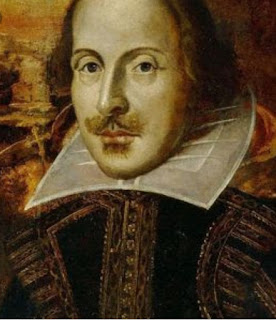I.A.Richards : Figurative language
Thinking activity belong to this link
Ivor Armstrong Richards is pioneer in the domain of new criticism.
His most famous works:
1) The Meaning of Meaning
2) The Principles of Literary Criticism
3) The practical criticism
Here I discuss about practice criticism or Figurative language.
A) Four kinds of Meaning
B) Two uses of Language
C) On simile, metaphor, symbol
I applied his theory on this poem
કોઈ સ્મિતે સ્મિતે સળગે છે
કોઈ રડીને દિલ બહેલાવે છે
કોઈ ટીપે ટીપે તરસે છે
કોઈ જામ નવા છલકાવે છે
સંજોગના પાલવમાં છે બધું
દરિયાને ઠપકો ના આપો
એક તરતો માણસ ડૂબે છે
એક લાશ તરીને આવે છે
કોઈ રડીને દિલ બહેલાવે છે
કોઈ ટીપે ટીપે તરસે છે
કોઈ જામ નવા છલકાવે છે
સંજોગના પાલવમાં છે બધું
દરિયાને ઠપકો ના આપો
એક તરતો માણસ ડૂબે છે
એક લાશ તરીને આવે છે
– સૈફ પાલનપુરી
It is very short poem but it is meaningful poem. Writer uses figurative language , first lineકોઈ સ્મિતે સ્મિતે સળગે છે
કોઈ રડીને દિલ બહેલાવે છે
How can someone smiling with Fiery, it is impossible but writer use to metaphoric language. These line behind meaning two kind of people Frist they are smiling with other but really they are not happy, second they are not at strong so that they express their feeling with crying. It means someone easily express their feelings other hand someone doesn't express their feelings.
કોઈ ટીપે ટીપે તરસે છે
કોઈ જામ નવા છલકાવે છે
In the line writer says that someone (upper class) has lot of things but they don't care about they have while someone (lower class)has nothing ordinary things but they are happy.
સંજોગના પાલવમાં છે બધું
દરિયાને ઠપકો ના આપો
In this line writer advice that any person position it is own destiny (Karma)so that we cannot blaming other.એક તરતો માણસ ડૂબે છે
એક લાશ તરીને આવે છે
In this line behind meaning when person living at that time most of people could not help him but while he died everyone appreciate. It means living person have not value while person dead after everyone appreciate them.
Here poet aim that introduce human being real nature.
Here poet aim that introduce human being real nature.



Comments
Post a Comment